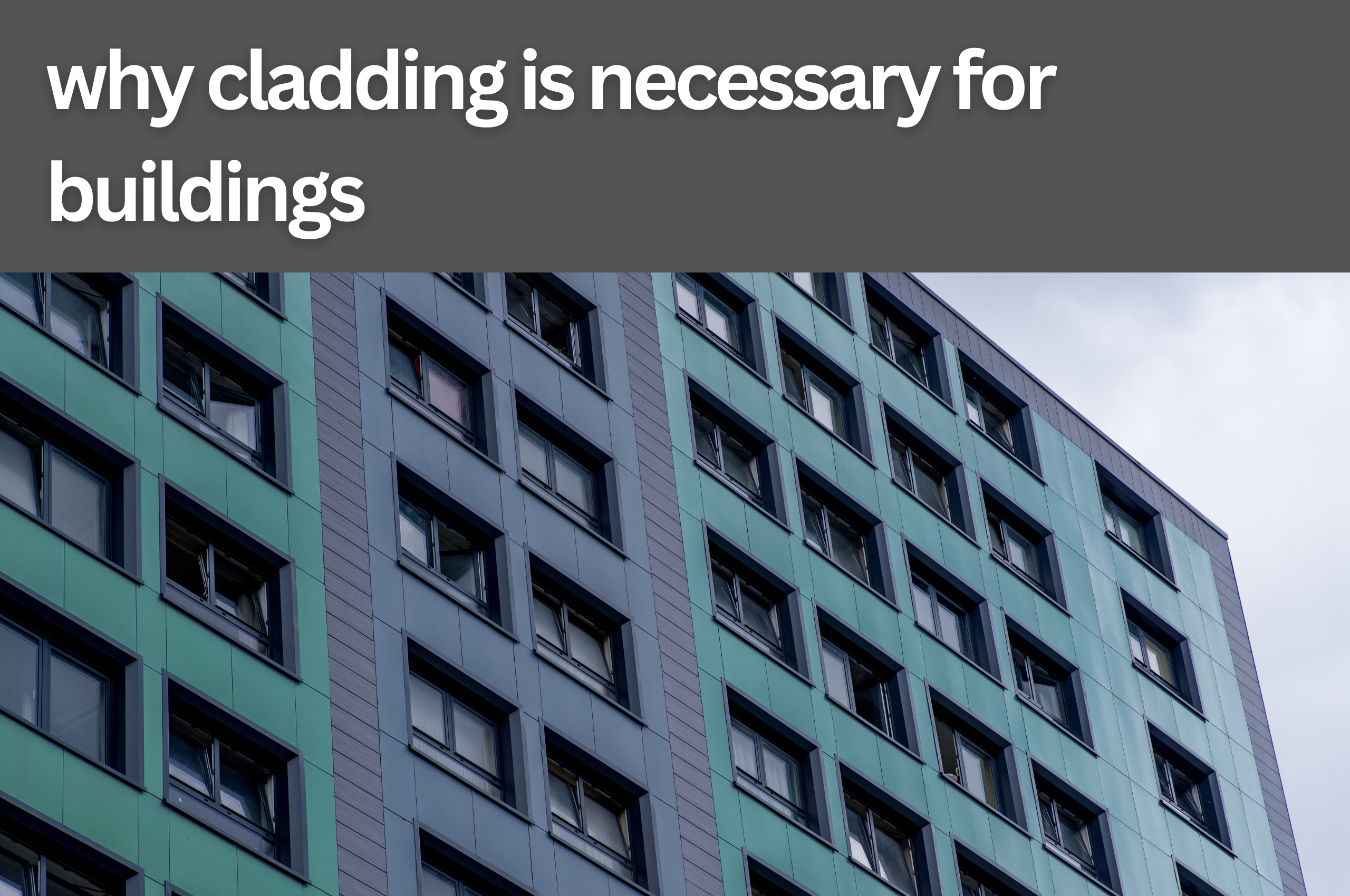Finish Facades Knowledge Base
Does Aluminium Cladding Rust?
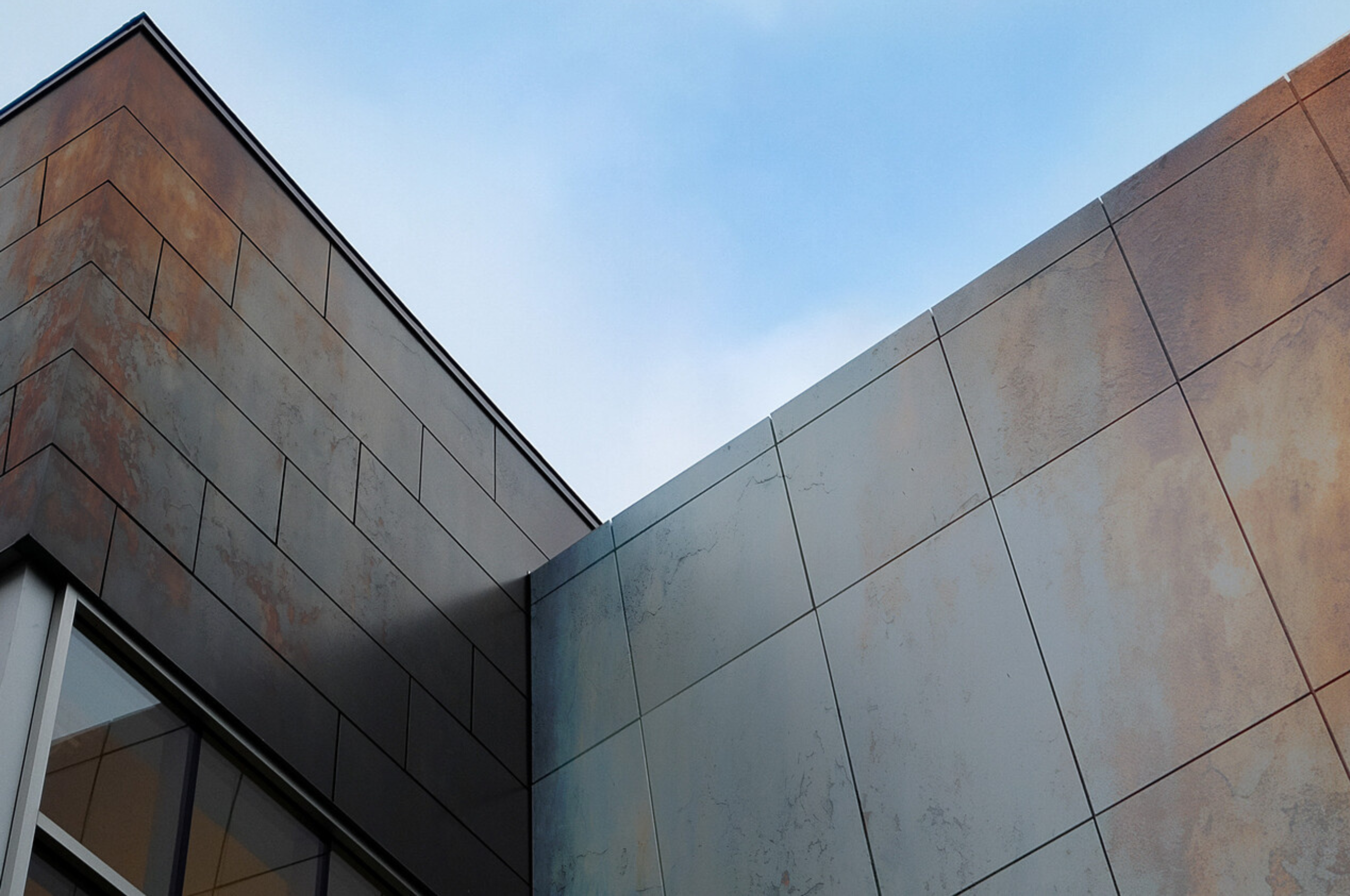
When considering the issue of corrosion in building materials, you might be wondering whether aluminium cladding rusts. The answer is no. Unlike steel or iron, aluminium does not rust. Instead, when exposed to oxygen, it forms a protective aluminium oxide layer that prevents further degradation of the metal underneath.
This oxide layer is durable and self-renewing, offering a natural shield against corrosion. However, in environments with high pH levels or galvanic interactions, aluminium cladding can still corrode.
To enhance protection, applying a corrosion-resistant coating can further safeguard your aluminium cladding and ensure its longevity, especially in harsh conditions. So, rest assured, with proper care and maintenance, your aluminium cladding will remain rust-free and durable for years to come.
Why is Aluminium Corrosion Resistant?
The secret to aluminium's corrosion resistance lies in its ability to spontaneously generate a protective oxide layer upon exposure to air. This layer acts as an impervious shield, blocking corrosive substances from reaching the metal surface. Even when this layer is damaged, it quickly reforms, providing continuous protection against corrosion.
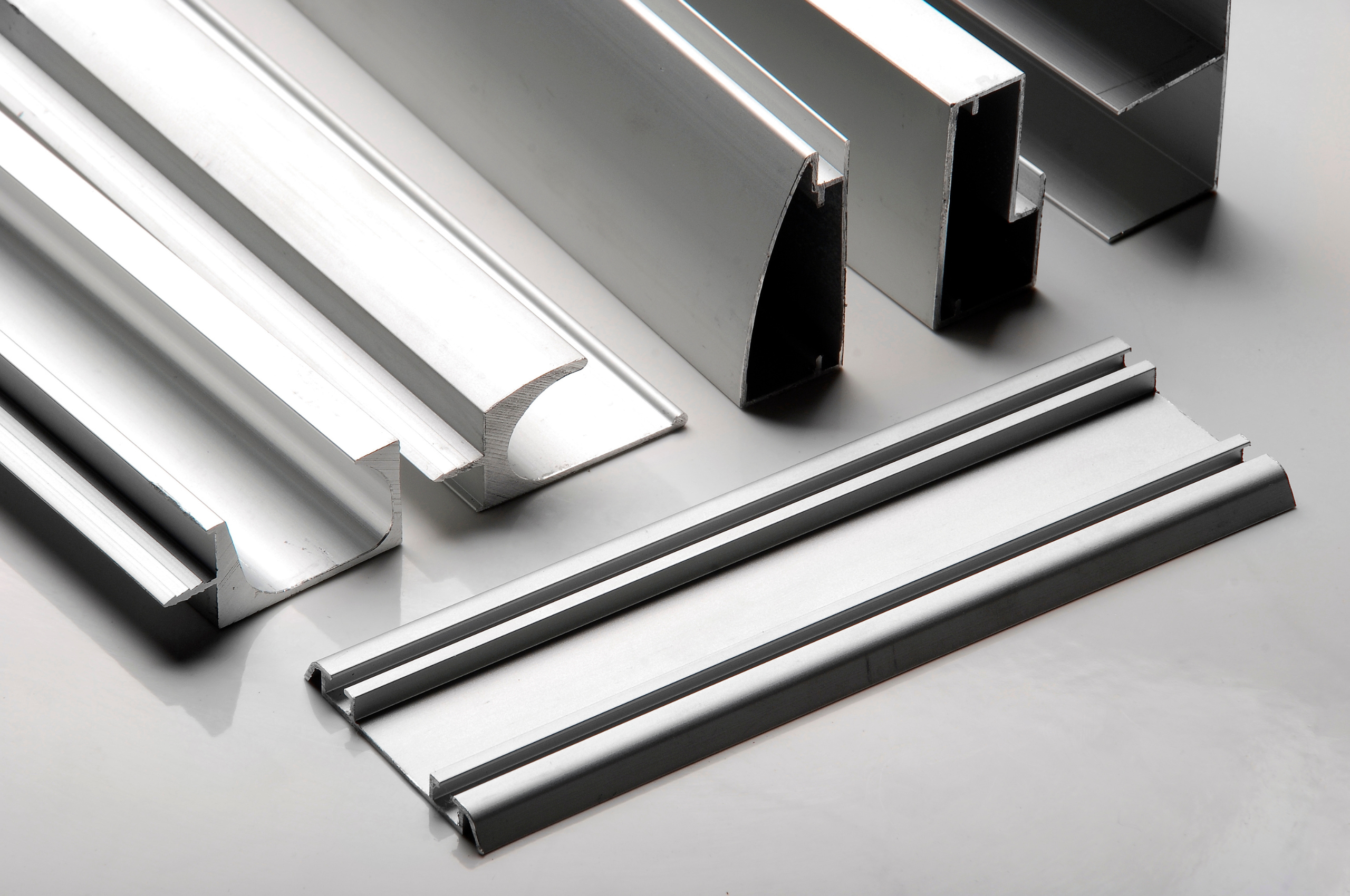
Introduction to Aluminium Cladding
To gain a better understanding of aluminium cladding, explore its versatile applications and impressive protective features.
Aluminium cladding offers a blend of lightweight durability and minimal maintenance, making it an ideal choice for modern construction. Its ease of installation and ability to withstand harsh weather conditions without significant wear and tear make aluminium cladding a cost-effective and aesthetically pleasing solution for building exteriors.
The Science Behind Rust and Corrosion
Rust forms when iron reacts with oxygen and water, creating iron oxide. The corrosion process involves electrochemical reactions with anode, cathode, and an electrolyte like water.
Factors like acid rain and seawater accelerate rusting due to their electrolytic properties. To prevent rust, keep iron surfaces dry, control environmental conditions, and limit exposure to oxygen and water.
Cathodic Protection (CP) can safeguard metal objects by using sacrificial anodes like zinc to slow down corrosion. Understanding these scientific principles is crucial for maintaining metal surfaces and preventing rust effectively.
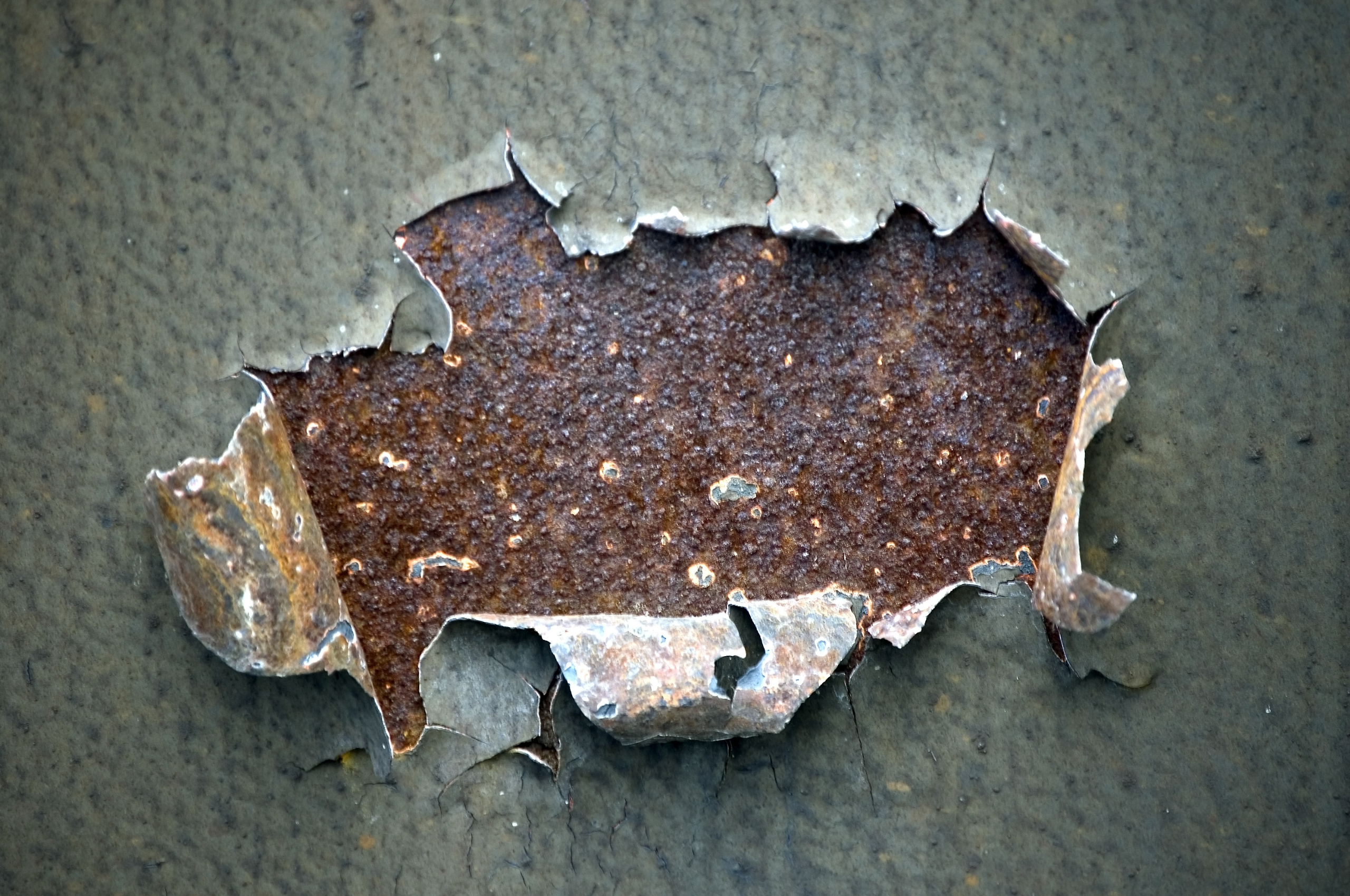
Comparing Aluminium Cladding to Other Metals
When compared to other metals, aluminium stands out for its non-rusting properties and enhanced durability. Its inherent corrosion resistance can be further improved with surface treatments, offering a versatile and long-lasting cladding solution that outperforms traditional metal options in both aesthetics and longevity.
How to Enhance the Lifespan of Aluminium Cladding
Maximising the lifespan of aluminium cladding involves simple yet effective maintenance strategies. Regular cleaning, along with the application of protective coatings, can prevent environmental wear and maintain the cladding's integrity. These preventative measures ensure your aluminium facade continues to protect and beautify your building for years to come.
Preventative Measures Against Corrosion
Enhancing the lifespan of aluminium cladding involves utilising protective coatings to shield the metal from corrosion and maintain its durability over time. Coatings like paint, powder coat, anodised finishes, and coatings offer enhanced protection.
These coatings act as a barrier between the metal and its environment, mitigating corrosion effectively. Wet paint finishes and powder coatings are electrically insulating, minimising the risk of galvanisation.
Anodising creates a tougher aluminium oxide layer, preventing exposure to contaminants. Each coating has its limitations and application methods, so choose the most suitable one for your project to safeguard your aluminium cladding effectively.
Innovative Solutions for Aluminium Cladding Maintenance
Innovative maintenance solutions for aluminium cladding focus on preserving its aesthetic and structural qualities. From protective coatings to regular inspections, adopting a proactive approach to cladding care can mitigate potential issues and extend the material's lifespan, keeping your building's facade in pristine condition.
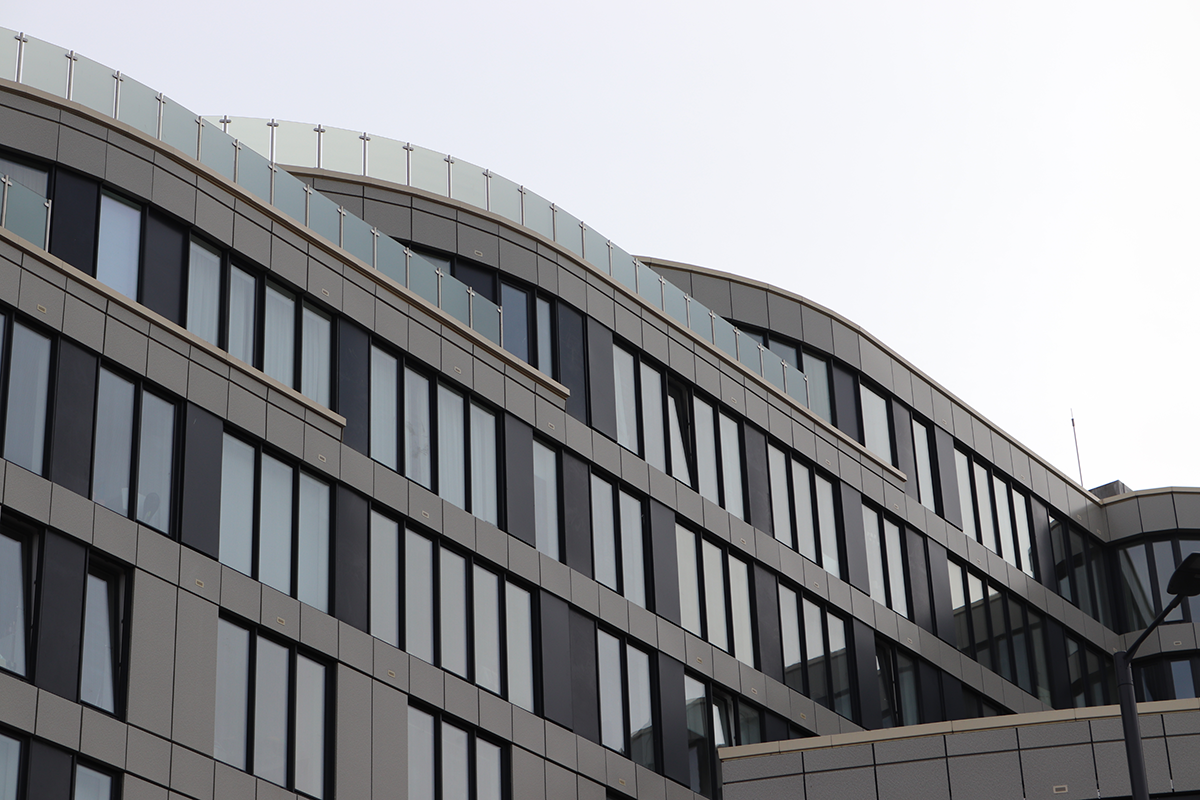
How to Choose the Right Aluminium Cladding for Your Project
When choosing aluminium cladding for your project, it's crucial to consider factors like enhancing your building's appearance and ensuring weather resistance. Assess if the material can be shaped into various designs and if it offers a wide range of colours to suit your aesthetic needs.
Additionally, evaluate if the cladding is energy-efficient, compliant with fire regulations, and comes with a reliable warranty for long-term protection.
Factors to Consider When Selecting Aluminium Cladding
When selecting aluminium cladding for your project, consider key factors to ensure the right material meets your building's requirements and regulations. Assess if the cladding enhances your building's appearance, is weather-resistant, and can be customised in various colours and designs. Ensure it provides insulation to regulate indoor temperatures efficiently.
Check if the cladding complies with fire safety regulations and has the necessary certifications. Look for a product with a reliable warranty to protect against defects and expensive repairs in the future.
Additionally, consider if the material is energy-efficient to help minimise energy consumption and costs. By evaluating these factors, you can choose the ideal aluminium cladding that suits your project's needs.
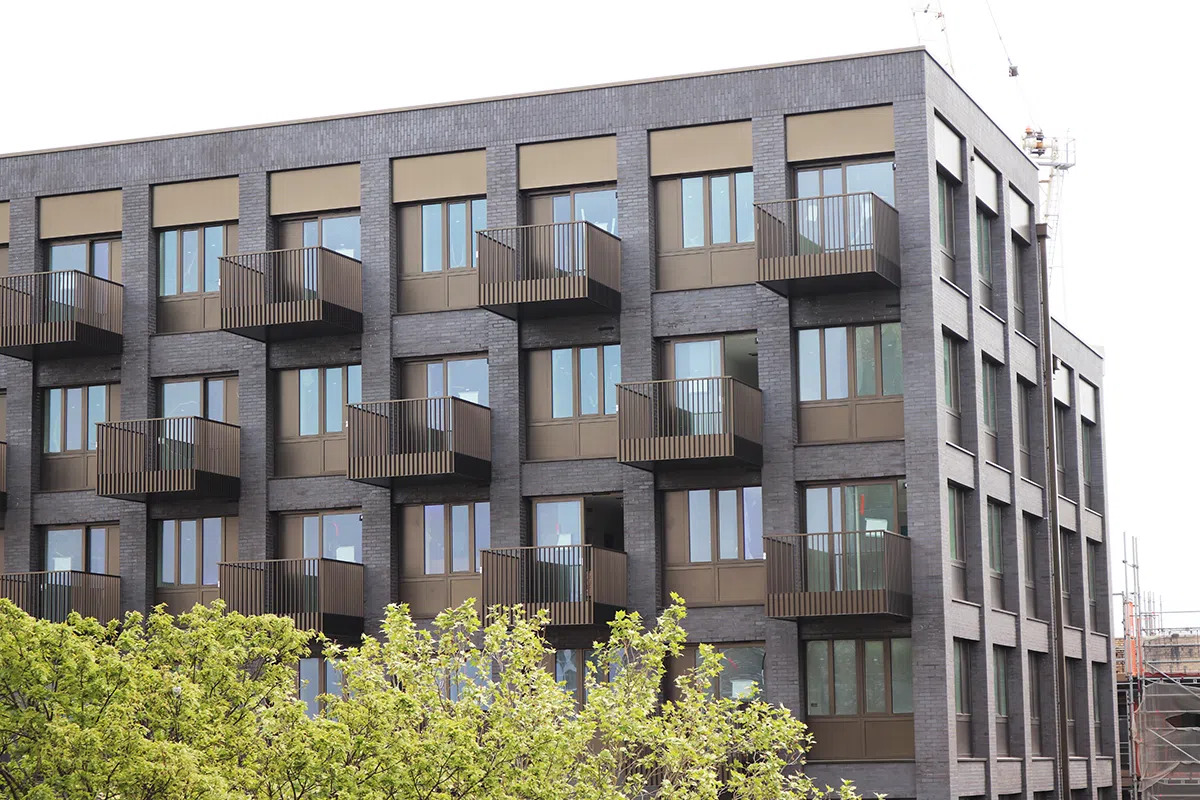
Why is Aluminium Cladding a Sustainable Choice?
Selecting sustainable aluminium cladding involves considering its environmental impact, durability, and energy efficiency to ensure the optimal choice for your project.
Aluminium is a sustainable choice due to its recyclability, requiring less energy for production compared to other materials. Its longevity and low maintenance needs make it cost-effective in the long run.
Additionally, aluminium cladding is lightweight, reduces transportation emissions, and can be repurposed at the end of its life cycle.
Choose Our Aluminium Cladding Framing Systems
Boost your structure's aesthetics and security with Finish Facades' Aluminium Cladding Framing Systems. Precision-engineered to bolster cladding panels and optimize airflow, these systems promise longevity and straightforward setup.
Our aluminium frames are not only robust and lightweight but also adhere to stringent safety protocols, boasting a non-combustible rating of A1 or A2 S1 d0.
Opt for Finish Facades for solutions that merge design versatility with economic value. Our aluminium frames endure diverse climatic challenges, enhance thermal performance, and come in various finishes to suit every architectural requirement
Frequently Asked Questions About Aluminium Cladding
In coastal or high-humidity areas, aluminium cladding can corrode if its protective oxide layer is compromised or due to galvanic corrosion.
To prevent this, consider applying protective coatings to your cladding systems like paint, powder coat and anodised finishes.
Learn More
Need more information?
To see how Finish Facades could support your next project - simply call us, or use the form below.
